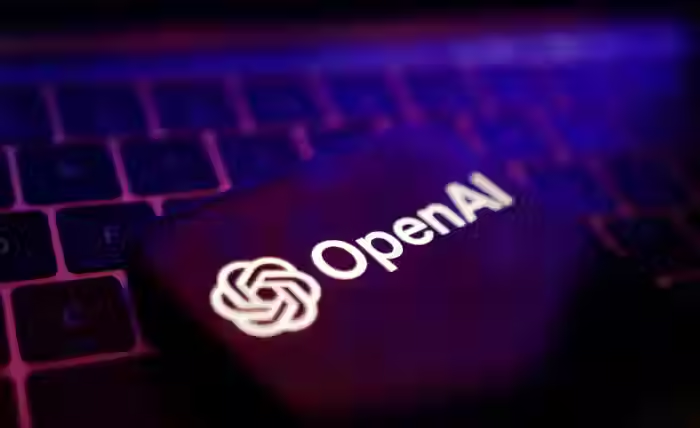OpenAI for Countries: A Global Push for Democratic AI or a New Form of Digital Influence?
- Tech Brief

- May 11
- 2 min read

On May 7, 2025, OpenAI announced a bold new initiative: “OpenAI for Countries.” This program aims to help nations build localized AI infrastructure aligned with democratic values. As artificial intelligence becomes a powerful tool in shaping economies, politics, and social discourse, this move positions OpenAI not just as a tech provider—but as a geopolitical player.
But the question remains: is this a genuine attempt to democratize access to AI—or a strategic counterbalance to China’s growing influence in global AI deployment?
What Is "OpenAI for Countries"?
According to OpenAI, the initiative offers:
Locally hosted ChatGPT infrastructure, tailored to each country’s language and cultural context.
Partnerships with national governments to co-develop responsible AI tools for sectors like healthcare, education, and governance.
A commitment to align AI models with democratic principles, such as privacy, transparency, and free speech.
OpenAI says this approach will help countries harness AI while maintaining sovereignty and ensuring ethical use.
Strategic Context: A Counterweight to China
The launch comes amid growing global competition over AI dominance. China’s rapid expansion in exporting AI tools—some used for surveillance and censorship—has raised alarms in the West.“OpenAI for Countries” can be seen as a soft power initiative, promoting a Western-aligned, values-driven model of AI deployment.
“This is not just about technology—it’s about shaping the moral architecture of global AI,” says Axios.
Opportunities for Developing Nations
For low- and middle-income countries, the initiative presents a major opportunity:
Accelerated digital transformation in sectors like health, education, and infrastructure.
Capacity-building through knowledge transfer and training programs.
Data sovereignty by allowing governments to run models on their own servers, unlike cloud-based solutions owned entirely by foreign companies.
If implemented responsibly, this could reduce reliance on Big Tech monopolies and empower nations to innovate locally.
Challenges and Concerns
Despite its promise, the initiative raises several questions:
Digital DependenceWill developing countries become overly reliant on U.S.-based technology companies, trading one form of influence for another?
What Defines “Democratic AI”?Cultural values differ. What the U.S. considers “democratic” may clash with local norms, especially in conservative or authoritarian-leaning societies.
Infrastructure BarriersMany nations lack the data centers, network reliability, or cybersecurity frameworks needed to operate such systems independently.
Transparency and AccountabilityWho will control content moderation? Will governments have full access to the model’s decision logic? These remain open questions.
Conclusion: A New Era of AI Diplomacy
“OpenAI for Countries” could mark the beginning of a new form of AI diplomacy, where technology becomes a tool not just of economic power, but of political alignment. For countries that engage with the initiative, the rewards could be great—but so are the stakes.
To make it work, OpenAI must commit to genuine collaboration, transparent governance, and long-term capacity-building—not just the export of tech wrapped in ideology.

Comments